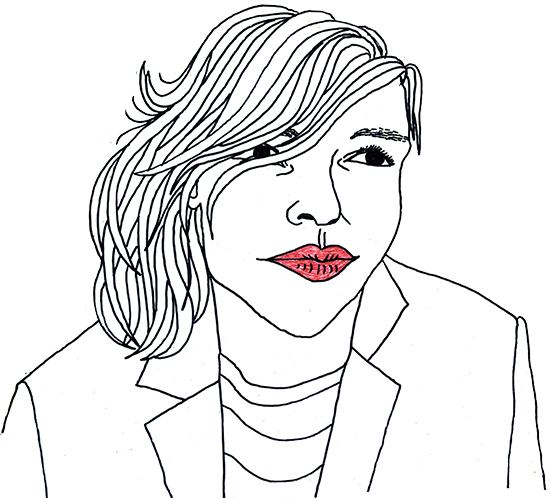An ethnographer is someone trained to observe the world, or worlds, meaningfully, through the practice, participation, and co-production of realities - therefore a co-creative.
The theory behind the ethnographic method is solely anthropological - based in the studies of human diversity and evolution. Whereas the performance of ethnographic methods can be situated in numerous academic and non-academic contexts.
Yes, ethnographers’ perform too - especially in the creative task of problem finding. Are you a creative in need a story with dramatic tensions or problems? I will always have one for you. Or, are you a pragmatist that just needs a way to playfully tease out the existing problem or tension? I do that too.
As Coppolo puts it, the director of a film is the “ringmaster of a circus inventing itself”. But to put it ethnographically, filmmaking in practice is a choreography of people, things, and ideas. It’s not that different from science fiction writing really: futures or worlds-in-formation gain reality by speculative design, performance, and/or interaction.
What this all goes to say is just that working as both an ethnographer and filmmaker I am able to amplify the immense powers of people just by helping us fuse both analytical (problem discovery) and synthetic (problem solving and future world) skills.
But I didn’t specify the analytical side yet. The analytical side of an ethnographer can be employed to look at what anthropologist Clifford Geertz defers to as “turtles all the way down” (citing Alice in Wonderland). This just euphemizes our highly interpretative habits (verstehen). Are you one who uses an interpretive approach? Then you likely find meaning and valence laminated within multiple, overlapping layers of worlds, things and/or realities. The meaning can be taken as signalling an ultimately positive, inflationary universe that seems to become a rabbit hole of endless potential frames. Or, it can be, as in Indian Country (my emerging focus), a distinct Turtle Island - only one that is vitally animated by sui generis interactions fold human and non-human natures into one another to comprise microworlds. It depends upon whether one is beginning more with an epistemological (symbolic) or ontological (physical) approach to reality. Although both in-form one another.
In my own work, I go from both directions. When I am working with science, design, products or constructions, I foreground the differences. Differences are actually generative, although not always valued as so. But generativity is how, in fact, facts become matters of fact.
I turn the opposite direction when dealing with matters of concern i.e. ethics, politics, values, or relationships. Cosmological thinking tends to enmesh all sacred, rights-bearing entities in a shared narrative fabric. So in work concering ethics or politics, for instance, I begin with the similiarities - the shared and/or overlapping content - before noting that garden of forking paths - where divergent capillaries of being run away from the common grounds.
What all of this amounts to is just that when working both ways on anything - an idea, a relationship, a future, a construction, a design, or a story - I am always co-creative. Rather than getting stuck in the frozen structures and silos of modern possessive individual work - inherently banal and therefore evil (Arendt) - I tend to always read “lack otherwise”. Reading lack otherwise entails then co-creating something from “nothing” (or something that was initially taken as “nothing” or not of value). This is why I name my boutique advocacy, research, and production company, Otherwise, in honor of the co-creative work I do with others to generate something from nothing.
Image credit: Soojeong Gwon

